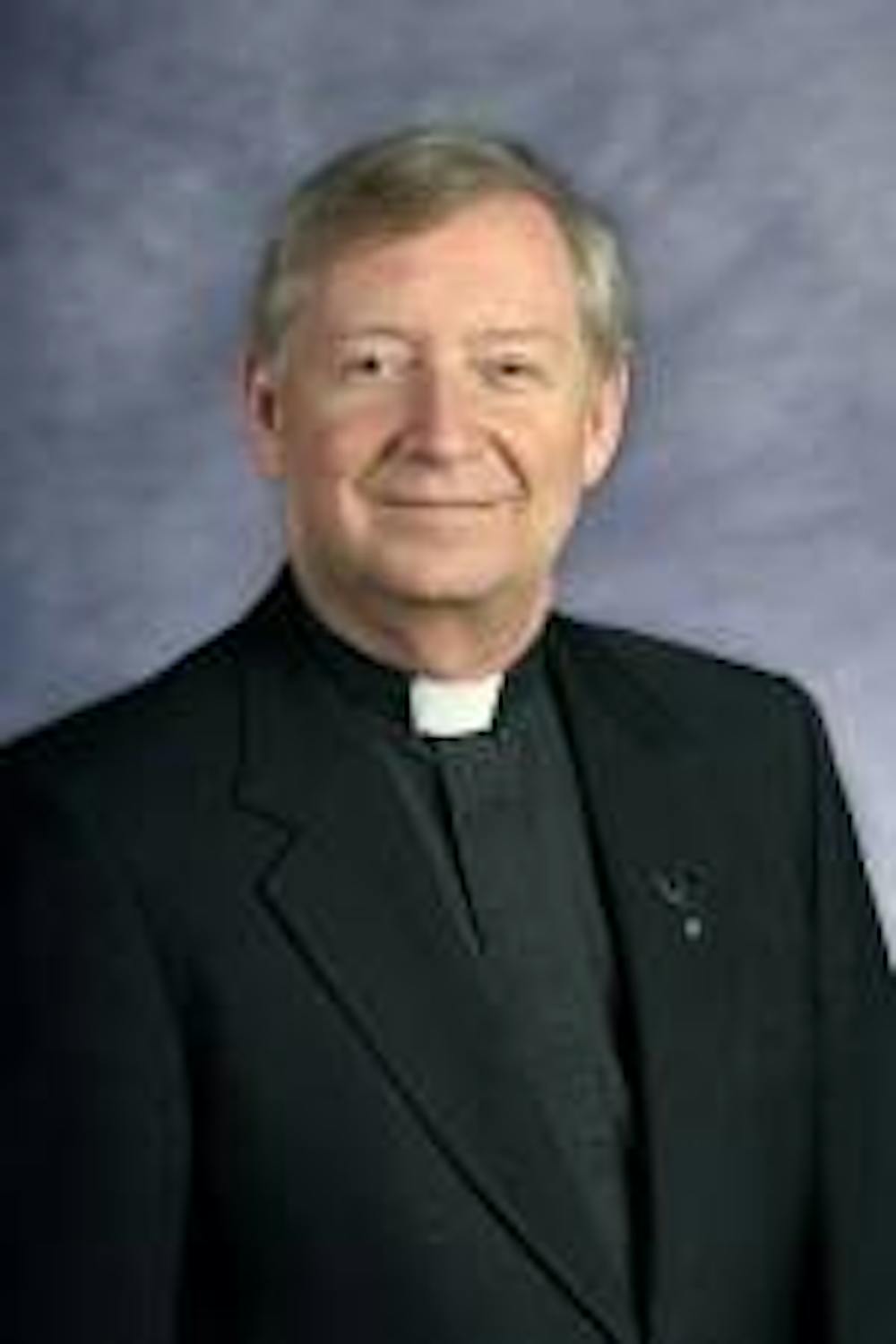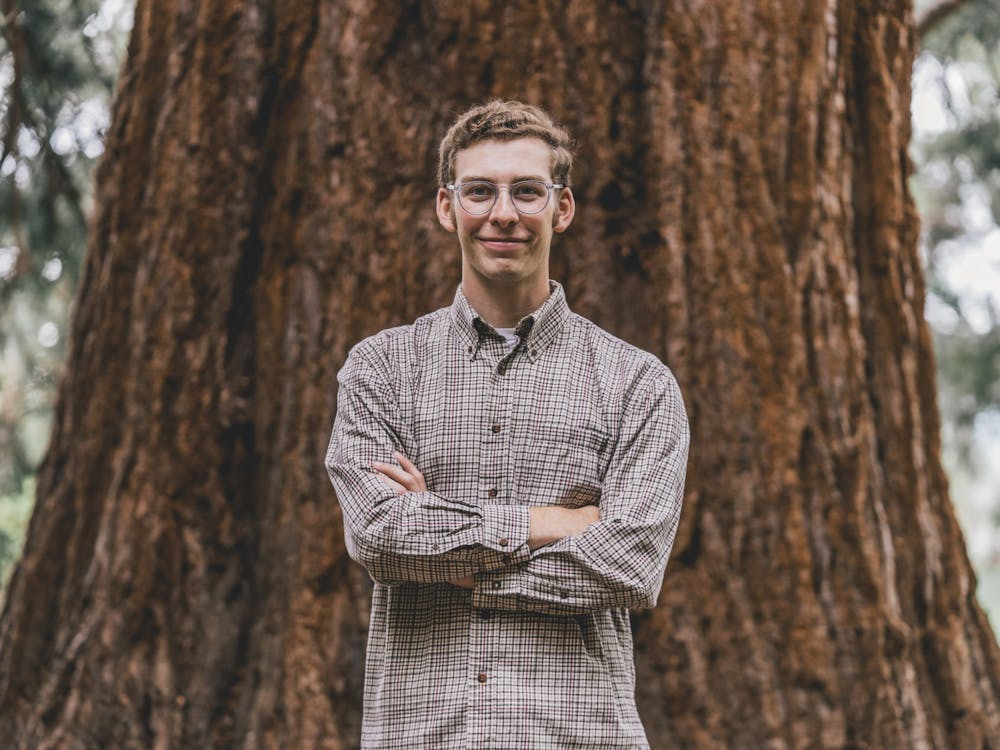(The Beacon)
By Fr. Ronald J. Wasowski C.S.C., Guest Commentary -- The Beacon
I would like to continue the discussion begun by Ann Cowan's November 11 Beacon commentary and continued in the follow-up commentary by Jessie Hethcoat on November 18 regarding the Cemetery of the Innocents displayed on the University of Portland campus on All Souls Day, November 2. Together, their reflections bring up some important points.
Let me begin with the title of Jessie Hethcoat's commentary: "Cemetery of Innocents is divisive, not uniting."
In a series of sayings in which Jesus exhorts His followers to boldly proclaim their faith in Him, the Gospel of Luke (12:51-53) reports: "Do you think that I have come to establish peace on the Earth? No, I tell you, but rather division. From now on a household of five will be divided, three against two and two against three …"
Then, at the climax of Jesus' Last Discourse, the Gospel of John (17:11b) records this as part of Christ's prayer for His followers: "Holy Father, keep them in your name that you have given me, so that they may be one just as we are."
On the one hand, Jesus talks of division as a necessary part of life. Why? I think that a big part of it has to do with values. One choice that every human being faces is whether to center their life on self or others. Modern society leans very heavily toward self-centeredness, but Christ was just the opposite. He lived "kenosis" which, in ancient Greek, means "emptying," such as pouring water out of a jar. Jesus literally poured out his life for the benefit of others so that we might have life to the full by being one just as He and the Father are one.
So, in the light of Christ, how can unity come from division, as Ann Cowan suggests? My recommendation is to engage fully in a rational discourse based on objective facts, unambiguously stated values, and sound logic.
My first suggestion is that we look for common ground. Among many other possibilities, I presume that all life and abortion advocates:
• agree that the science of sexual reproduction is known in such exquisite detail that it is obvious that every individual human life begins at conception;
• are deeply concerned about both women and children, both before and after birth;
• agree that abortion is the least desirable choice for a pregnant woman and her child;
• are willing to emotionally and materially support women who decide to bring their babies to birth.
Even with common ground, some substantive disagreements will persist. Jessie Hethcoat says in part that "We live in a world where abortion is evil, because of stigmatizing displays like the Cemetery of Innocents." Actually, such displays do not make abortion evil; abortion is objectively evil because it is the deliberate killing of an innocent, defenseless human being.
Please remember that Pro-Life people do not see women who procure abortions as criminals. Quite the contrary, we recognize them as the second — the surviving — victim of abortion. The Catholic Church clearly understands this. Every Catholic priest is explicitly authorized by his Bishop to grant absolution for the sin of abortion.
Ms. Hethcoat is quite correct when she says that abortion is a "gut-wrenching, life-altering decision" which women "live with … for the rest of their lives." Most women seldom if ever talk about their abortion. That secret festers deep inside them like a slow-growing but potentially deadly cancer. And like cancer, things only get worse until they reach out for help to begin the healing process.
Those who approached the Cemetery of the Innocents tables would have discovered that many pregnancy resources are available. Portland's Mother & Child Education Center (http://motherandchild-edu.org/) is actively supported by Voice for Life through the annual Stuff the Crib drive. Vancouver's Options 360° (http://options360.org/) provides women with a vast array of support opportunities both during pregnancy and after birth, and all of these resources are free.
One post-abortive resource is Rachel's Vineyard, a safe place to redeem hearts broken by abortion. Weekend retreats offer a supportive, confidential and non-judgmental environment where women and men can release and reconcile painful post-abortive emotions to begin the healing process.
Thus, the unity between those who advocate life for the unborn and those who advocate abortion can begin by finding common ground and moving forward from there in supportive thoughts, words and actions that give pregnant women multiple choices. Will it be easy? Of course not! However, nothing worthwhile is ever easy, so let us welcome the task of generating unity resurrected from division.
Fr. Ronald J. Wasowski, C.S.C. is an associate professor of environmental science. He can be contacted at wasowski@up.edu.








